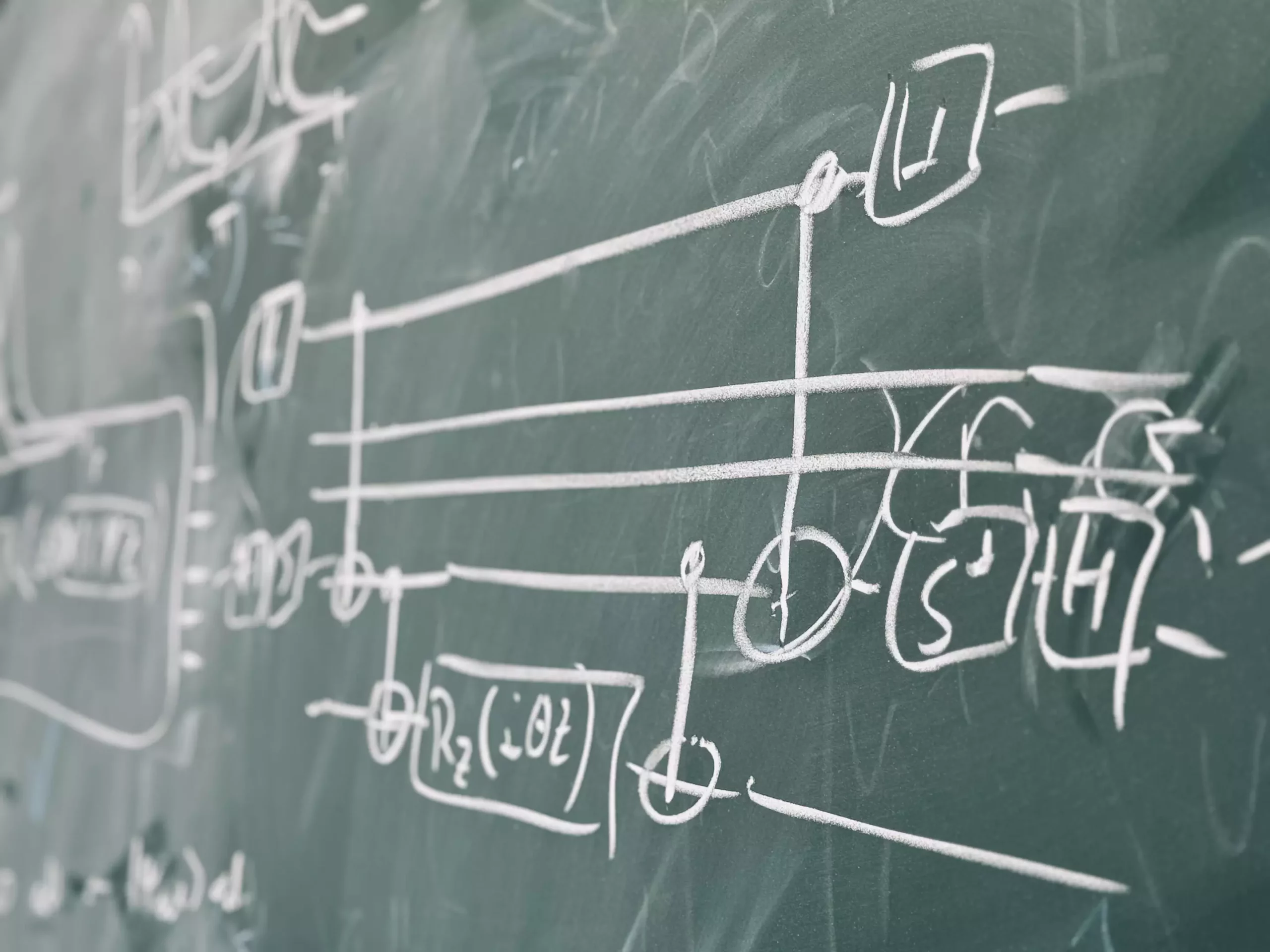Quantum computers are seen as the future of computing, with the potential to outperform conventional computers in certain tasks. However, their large-scale deployment is hindered by the sensitivity to noise, which leads to errors in computations. Quantum error correction is a technique designed to address these errors on-the-fly, while quantum error mitigation works more indirectly by running error-filled computations till completion and then inferring the correct result.
A recent study by researchers from different institutions sheds light on the limitations of quantum error mitigation as quantum computers scale up. While quantum error mitigation was intended to be a temporary solution until full error correction could be implemented, the study reveals that as quantum circuits grow in size, the efficiency of error mitigation decreases. This poses a significant challenge as more resources and effort are required to run error mitigation on larger quantum circuits.
One example of a mitigation scheme called ‘zero-error extrapolation’ was found to have limitations. This scheme involves increasing noise in the system and then converting the results back to a zero-noise scenario. However, the researchers pointed out that this approach is not scalable, as it intuitively contradicts the goal of combating noise in the system. Additionally, quantum circuits consisting of multiple layers of quantum gates pose a significant challenge, as each gate introduces additional errors, making it difficult to maintain accuracy in computations.
The findings of the research team suggest that quantum error mitigation is not as scalable as previously predicted. As quantum circuits scale up, the efforts and resources needed to run error mitigation increase significantly, making it an inefficient solution for long-term use. The team emphasizes the need for alternative and more effective schemes for mitigating quantum errors to overcome the limitations of error mitigation.
The research serves as a guide for quantum physicists and engineers worldwide, urging them to devise alternative and more coherent schemes for mitigating quantum errors. The team’s mathematical framework captures the inefficiency inherent in quantum error mitigation, regardless of specific implementations, leading to a better understanding of the challenges posed by noise in quantum computation. The study invites further exploration of theoretical aspects of random quantum circuits to develop more effective error mitigation strategies.
In future studies, the researchers plan to focus on solutions for overcoming the inefficiencies identified in quantum error mitigation. By combining randomized benchmarking and quantum error mitigation techniques, they aim to develop more robust and scalable methods for mitigating quantum errors. This ongoing research will contribute to the advancement of quantum computing and pave the way for achieving quantum advantage without being hindered by noise in the system.


Leave a Reply